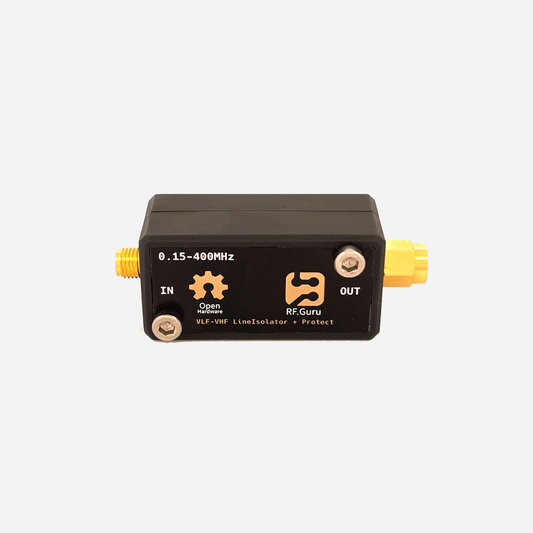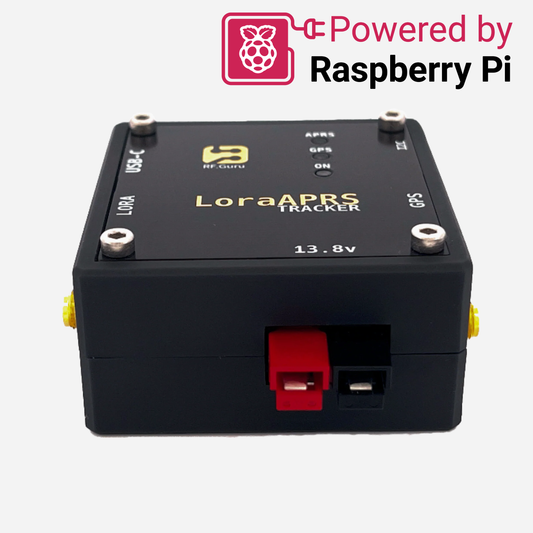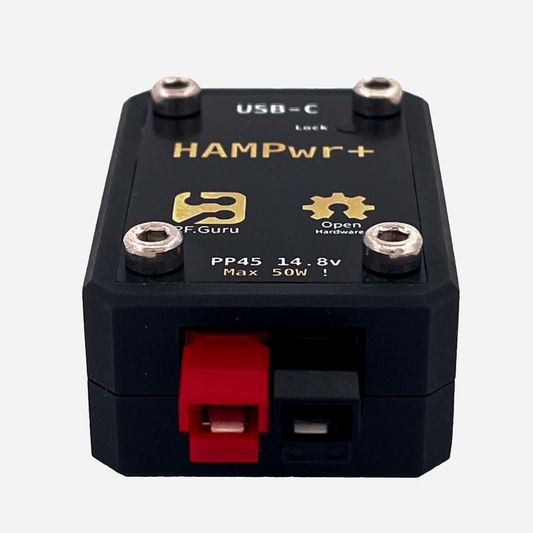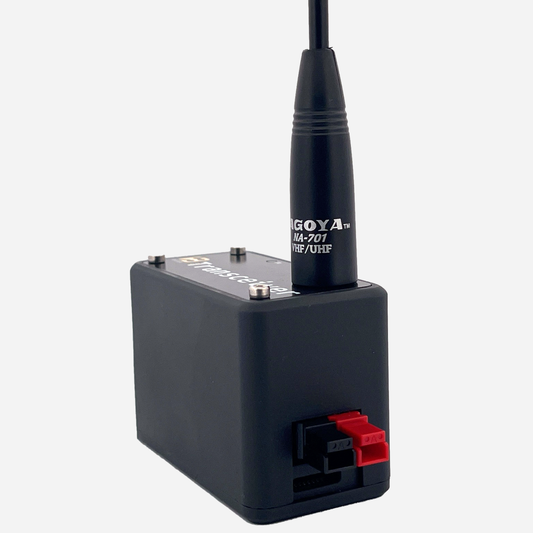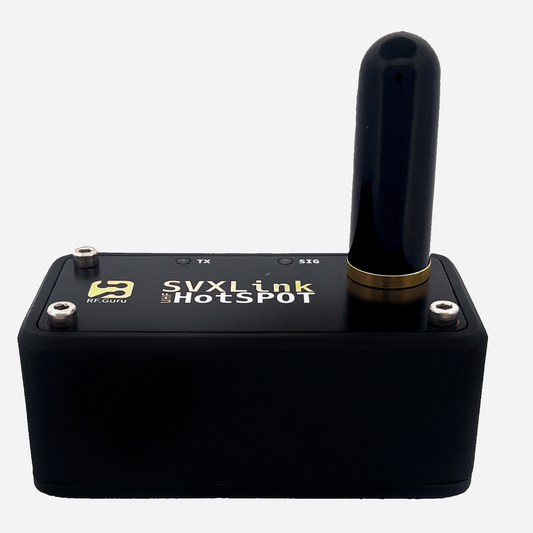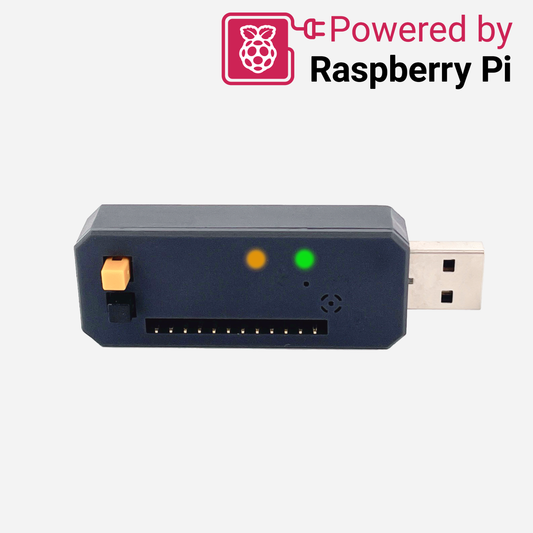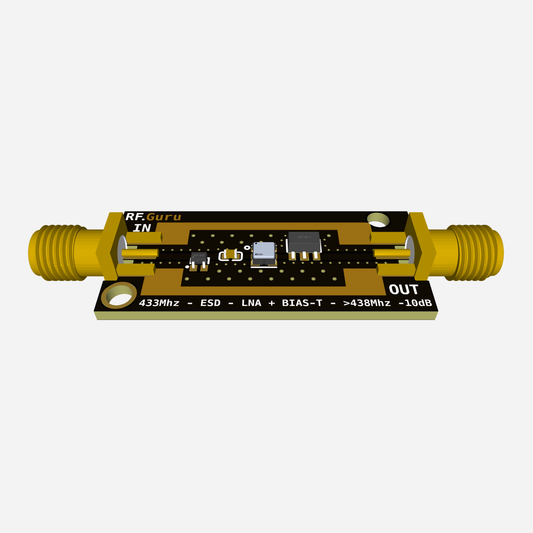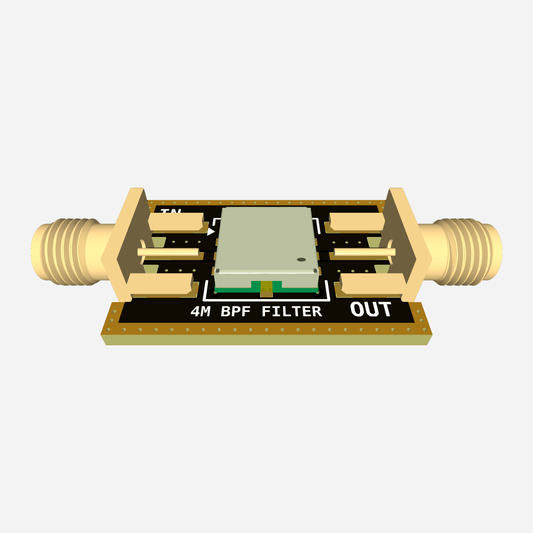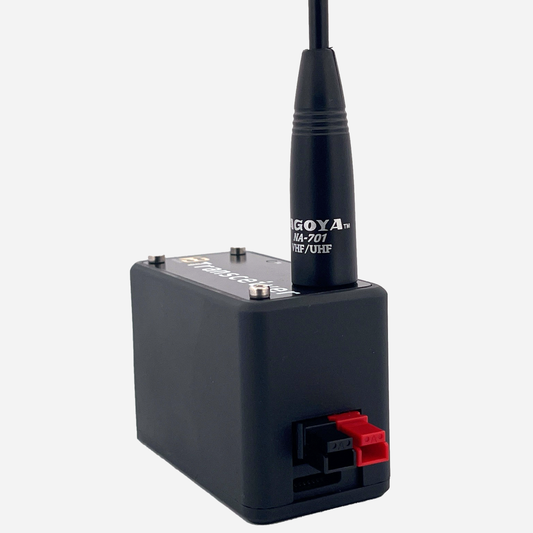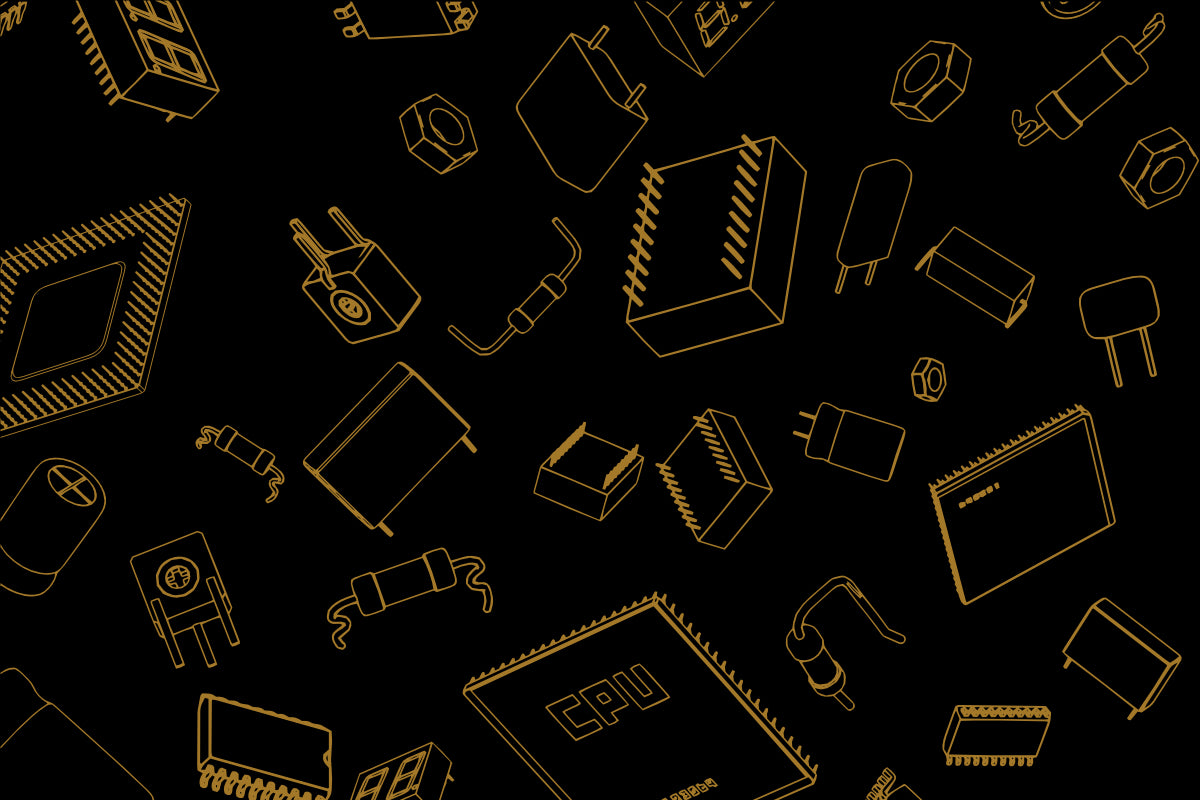
Our products were created with the aim of enhancing and refining your radio experience.
All items in our store were engineered, designed, assembled, and tested at our fascilities in Belgium.
Featured products
-
2022-PA-063 | RX Galvanic Isolator + Protector + Limiter (1 MHz - 400 MHz)
Regular price €88,50 EURRegular priceUnit price / per -
2023-PA-521 | 13.8v LoRa APRS Automotive Tracker 433 Mhz 500 mW
Regular price €134,08 EURRegular priceUnit price / per -
2022-PA-090 | HAMPwr+ USB-C PD to 14.8V
Regular price €71,00 EURRegular priceUnit price / per -
2023-PA-141-U | Assembled Analog Transceiver 70cm UHF 1.3W 13.8v
Regular price €0,00 EURRegular priceUnit price / per -
2023-PA-041-U | Assembled SVXLink Analog HotSPOT 70cm UHF 500mW
Regular price €145,05 EURRegular priceUnit price / per
New Products
-
2022-PA-063 | RX Galvanic Isolator + Protector + Limiter (1 MHz - 400 MHz)
Regular price €88,50 EURRegular priceUnit price / per -
2022-PA-104 | µPico Stick
Regular price €46,50 EURRegular priceUnit price / per -
2023-P-213 ESD + SAW + LNA 433mHz (LoRaAPRS) + 18dB Gain
Regular price €24,50 EURRegular priceUnit price / per -
2024-P-092 4M Band Pass Filter
Regular price €23,00 EURRegular priceUnit price / per -
2023-PA-141-V | Assembled Analog Transceiver 2m VHF 1.3W 13.8v
Regular price €0,00 EURRegular priceUnit price / per
Blog posts
View all-
Our Board Merges with CircuitPython !
We're excited to unveil a groundbreaking update for all fans of our RP2040/CircuitPython boards! Our boards have now been seamlessly incorporated into the CircuitPython build, guaranteeing improved usability and flexibility...
Our Board Merges with CircuitPython !
We're excited to unveil a groundbreaking update for all fans of our RP2040/CircuitPython boards! Our boards have now been seamlessly incorporated into the CircuitPython build, guaranteeing improved usability and flexibility...
-
Raspberry Pi-Approved
The Raspberry Pi Seal of Approval Receiving approval from Raspberry Pi is more than just a badge of honor—it's a testament to the quality and reliability of our product. Raspberry...
Raspberry Pi-Approved
The Raspberry Pi Seal of Approval Receiving approval from Raspberry Pi is more than just a badge of honor—it's a testament to the quality and reliability of our product. Raspberry...
